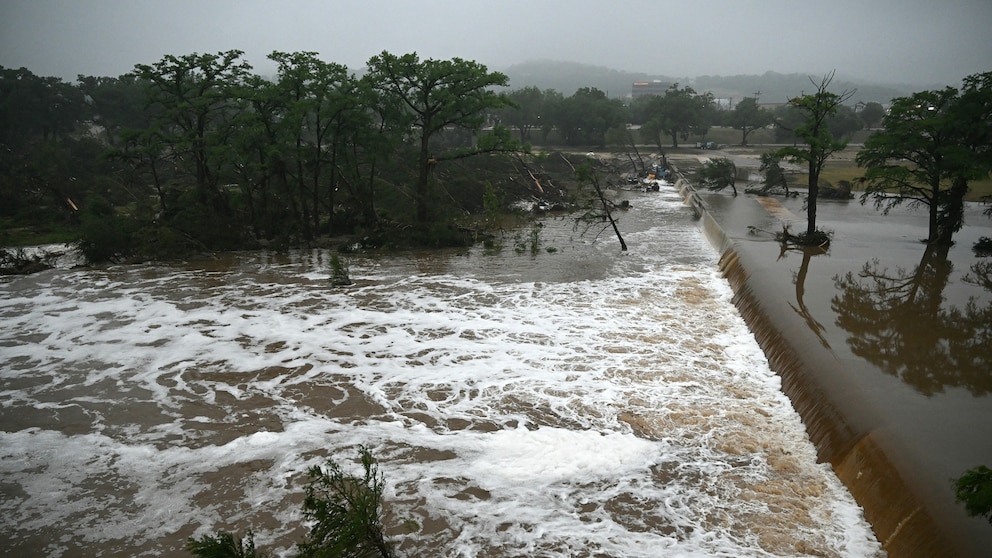Burundian President Pierre Nkurunziza has died of a heart attack aged 55.
He was, before his death announced in a statement, due to step down in August after his party’s candidate won elections May, and had been president since 2005.
Nkurunziza came to power at the end of Burundi’s 12-year civil war, which killed 300,000 people and was driven by similar ethnic tensions as the 1994 genocide in neighbouring Rwanda, where Hutu extremists slaughtered 800,000 Tutsis and moderate Hutus.
A former leader of a Hutu rebel group, he was elected by lawmakers after promising peace but oversaw a crackdown on political opponents and the media when he was re-elected five years later.
Nkurunziza, a former sports teacher at a university, was a lifelong fitness and football enthusiast and an evangelical Christian.
He lost his father, a civil servant, during mass killings of ethnic Hutus by the majority Tutsi army in 1972. He has frequently spoken about the misery his family suffered after his father’s death.
“We became orphans and led a hard life,” he said. “They (the killers) took all nice stuff from the house, which plunged the family into desolation.”
During the civil war, he fought in the rebel group that became the ruling party, first becoming a minister in a transitional government in 2003 before parliament elected him president in 2005.
A few relatively peaceful years followed. A curfew in place since 1972 was lifted in 2006. Burundian soldiers joined an African Union peacekeeping force in Somalia. The Paris Club group of creditors cancelled Burundi’s debt in 2009.





